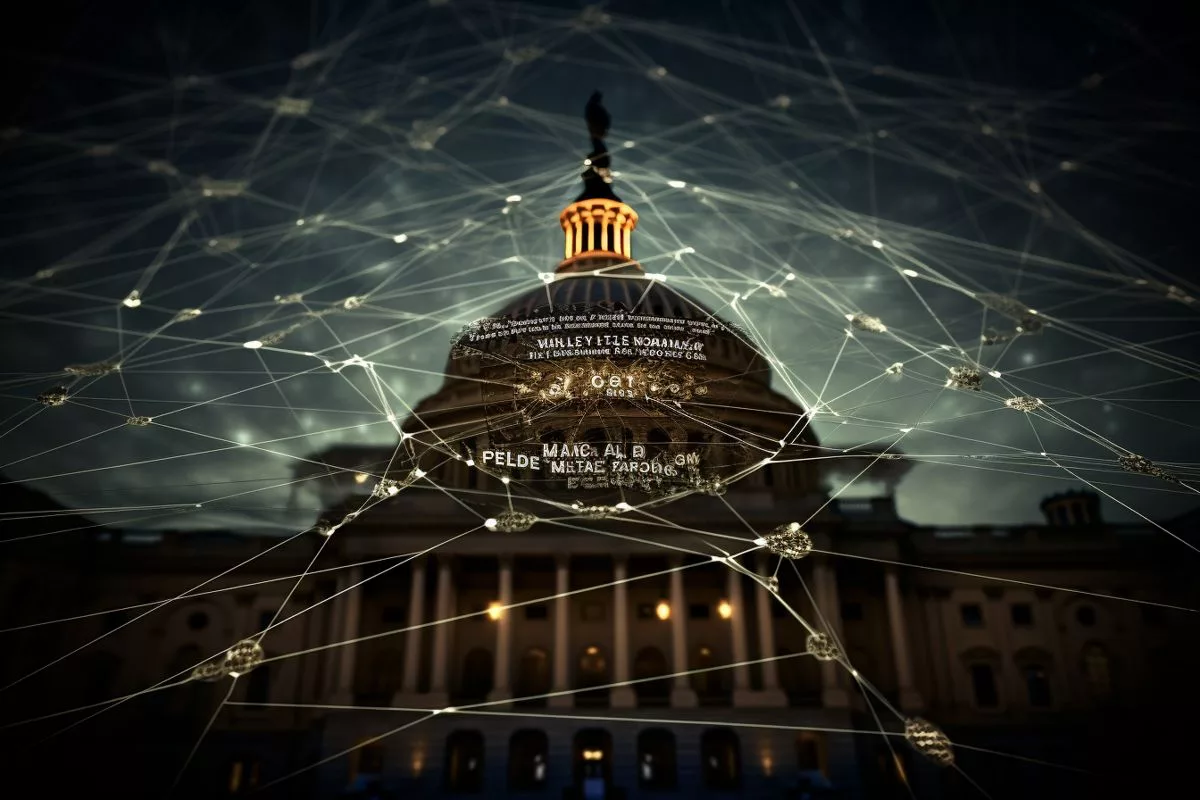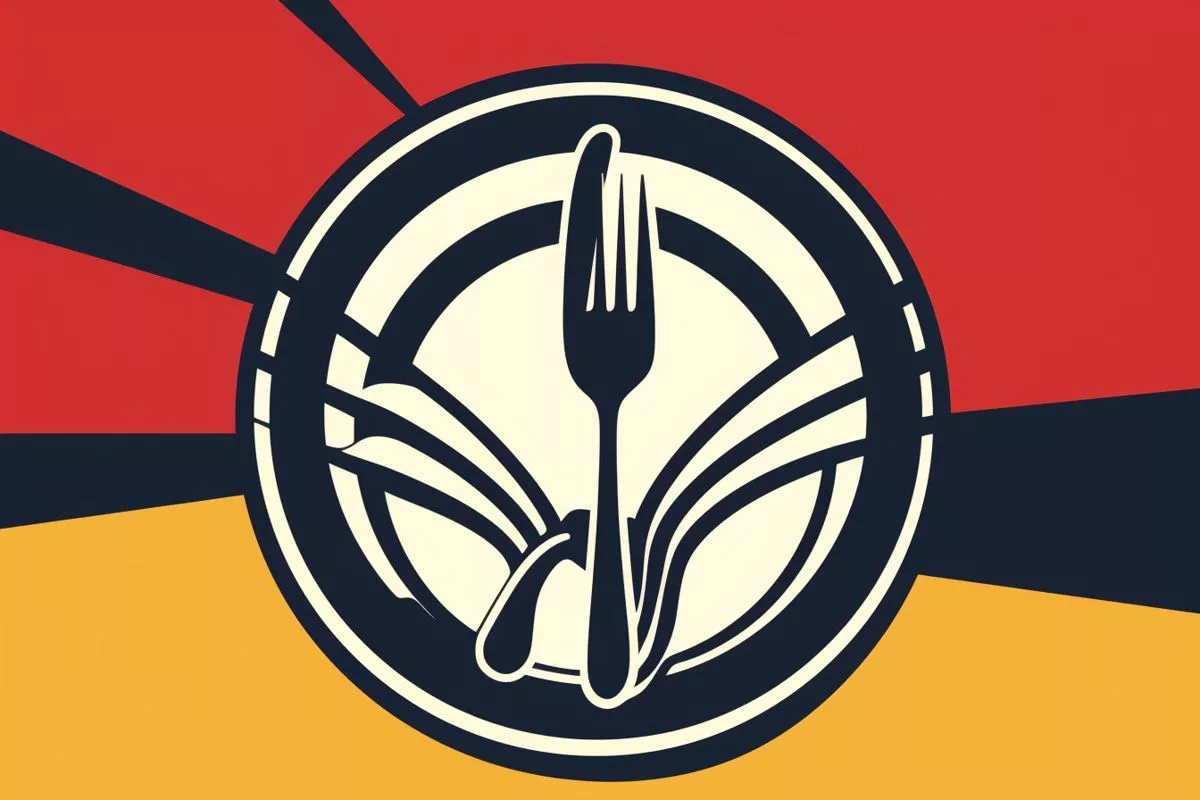The 10th Education International Africa Regional Conference brought together leaders and educators committed to creating resilient education systems in Africa. The COVID-19 pandemic highlighted inequalities in education access, especially regarding the digital divide. President Cyril Ramaphosa emphasized the importance of education in building a strong future and urged collaboration in protecting the right to education. The conference also discussed the need for educational reform and the decolonization of education to reflect African perspectives and experiences.
Addressing Disparities and Building a Resilient Future: The COVID-19 pandemic emphasized the discrepancies within our education systems, especially the digital divide, illuminating the critical need for equal education access.
The recent 10th Education International Africa Regional Conference, hosted at Johannesburg’s Sandton Convention Centre, marked a pivotal gathering of influential figures across numerous sectors, all unified by their dedication to molding the future of African education. President Cyril Ramaphosa of South Africa graced the event, his address emphasising the resilience of the South African people and the crucial role of unity during challenging times. His speech set the conference’s tone, suitably themed “Standing Together for Resilient Education Systems in Times of Crisis”.
Addressing Disparities and Building a Resilient Future
The COVID-19 pandemic, a global crisis, catalyzed unanticipated changes, speeding up the digital transformation and unveiling the societal vulnerabilities. The pandemic emphasized the discrepancies within our education systems, as the digital divide widened. The shift to online learning was especially difficult for students from disadvantaged backgrounds, illuminating the critical need for equal education access.
According to President Ramaphosa, education is the foundation on which societies erect their future. By educating, we foster respect for human rights, the rule of law, and principles of democracy. This view is supported by the UN High-Level Panel on the Teaching Profession. The panel, comprising diverse stakeholders, such as teachers, unions, and civil society organizations, highlights the crucial role of educator voices in addressing educational hurdles.
Educational Reforms and the Decolonization of Education
Strategically reforming education prepares students for the future. Significant educational reform in South Africa is on the horizon with the implementation of the Coding and Robotics curriculum from Grade R to Grade 9. This initiative is a part of a larger strategy to incorporate STEAM subjects (Science, Technology, Engineering, Arts, and Mathematics) into the national curriculum, equipping students with the digital skills necessary to succeed in a rapidly evolving world.
A key topic at the conference was the decolonization of education. This is not only an academic concern but also a pressing need in Africa. Decolonizing education involves challenging colonial theories and practices to form resilient education systems that reflect African perspectives and experiences. This necessitates a transition from a Eurocentric worldview to one that embraces diversity and inclusivity.
Collaborations and Advocacy for Equal Educational Opportunities
Nurturing and safeguarding the right to education is a shared responsibility. Labor movements, civil society organizations, and non-governmental organizations should work together to protect this crucial area. Such collaborations can prepare our students to be active, informed participants in democratic societies.
Organizations like Education International play a crucial role in this endeavor. As advocates for quality education, their mission is to facilitate inclusive and equitable learning opportunities for everyone. Yet, quality education isn’t solely about access. It also entails providing safe, positive environments where all students’ rights are respected and protected.
In his speech, President Ramaphosa encouraged the conference participants to immerse themselves in the rich history and culture of South Africa. Democracy landmarks such as Soweto’s Hector Pieterson Museum, Constitution Hill, and Freedom Park provide a glimpse into the nation’s fight for freedom and its cherished values.
The 10th Education International Africa Regional Conference served as a forum for reflection, discussion, and forward-thinking. It convened leaders, educators, and activists, all dedicated to shaping the future of education in Africa and beyond. Their collective commitment, especially during crises, is a testament to the continent and its people’s resilience and strength. The conference’s outcomes will likely have a significant impact on the future of African education. United, we can indeed create education systems that are resilient, inspiring, and empowering for future generations.
1. What was the theme of the 10th Education International Africa Regional Conference?
The theme of the 10th Education International Africa Regional Conference was “Standing Together for Resilient Education Systems in Times of Crisis.”
2. What issue did the COVID-19 pandemic highlight in education systems?
The COVID-19 pandemic highlighted the digital divide and inequalities in education access.
3. What did President Cyril Ramaphosa emphasize in his address at the conference?
President Cyril Ramaphosa emphasized the importance of education in building a strong future and urged collaboration in protecting the right to education.
4. What is the decolonization of education?
The decolonization of education involves challenging colonial theories and practices to form resilient education systems that reflect African perspectives and experiences. It necessitates a transition from a Eurocentric worldview to one that embraces diversity and inclusivity.
5. What role do collaborations play in advocating for equal educational opportunities?
Collaborations among labor movements, civil society organizations, and non-governmental organizations can prepare students to be active, informed participants in democratic societies and protect the right to education.
6. What was the outcome of the 10th Education International Africa Regional Conference?
The 10th Education International Africa Regional Conference served as a forum for reflection, discussion, and forward-thinking. Its outcomes will likely have a significant impact on the future of African education, as leaders, educators, and activists work together to create resilient, inspiring, and empowering education systems for future generations.








